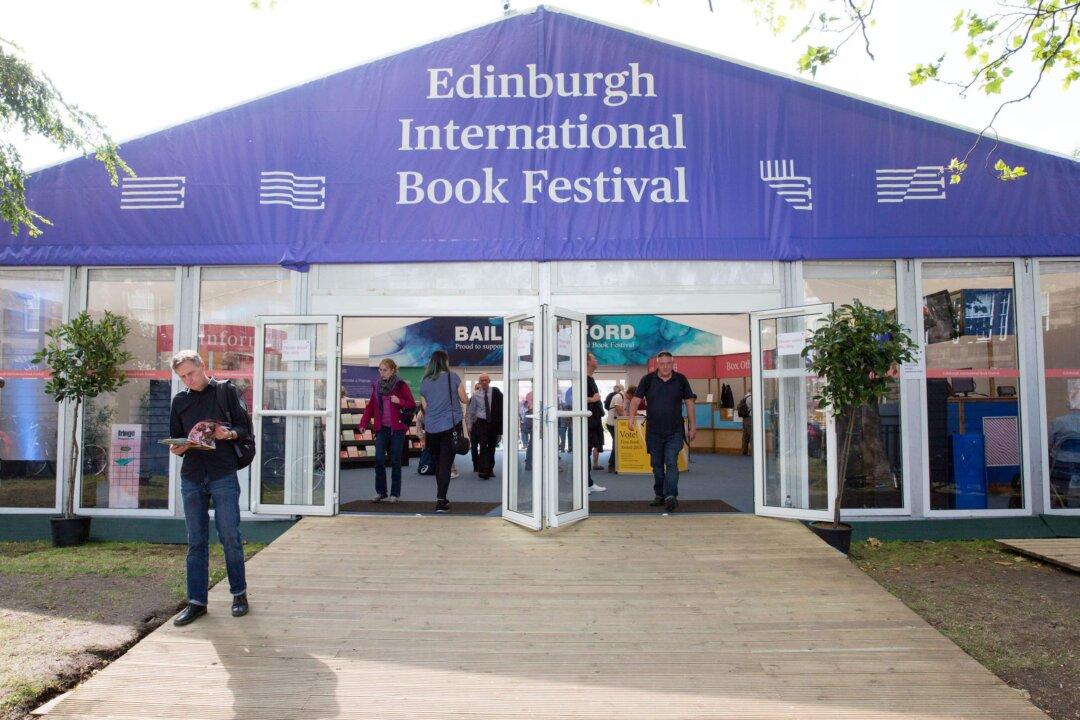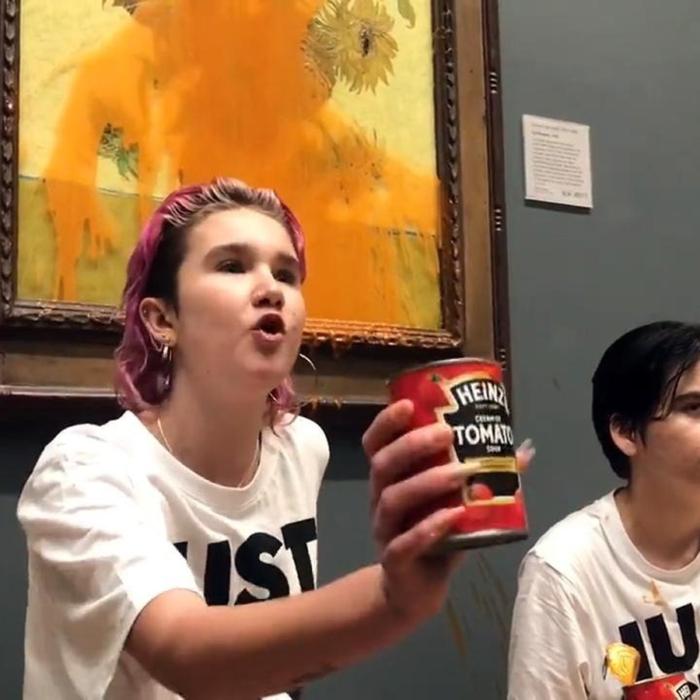The Edinburgh International Book Festival has ended a 20-year funding partnership with sponsors Baillie Gifford following pressure from anti-Israel and climate campaigners.
The investment company, which supports eight major literature festivals, has faced pressure from the campaign group Fossil Free Books for its investments in fossil fuels.
Alternative Sponsors
Fossil Free Books claims that 800 authors and other book workers are demanding organisers find alternative sponsors if Baillie Gifford doesn’t “divest from the fossil fuel industry.”The same group also successfully pressured the Hay Festival to withdraw support from the asset manager last week.
‘Intersectionality’
A spokesperson for Fossil Free Books told The Epoch Times by email that they “are a collective of workers in the books industry who share the belief that it is entirely possible and necessary to have literary events that are not funded by institutions that profit from human rights abuses.”“We speak as workers in the literary industry, and make this call for divestment in the spirit of a just transition that protects the jobs and livelihoods of all workers,” they added.
They said they “are not funded by anybody.”
Some of those speaking up for Fossil Free Books include youth climate justice activist Mikaela Loach.
“Intersectionality demands us to see that all the struggles that exist in the world don’t happen in silos. Everything is inherently connected and therefore we have to interrogate power as well. We can’t just talk about redistributing wealth if we’re not redistributing power as well,” she said.
Fossil Free Books also wants Baillie Gifford to divest from what it calls “Israeli occupation, apartheid, and genocide.”
Pressure
Jenny Niven, chief executive of Edinburgh International Book Festival, said in a joint statement with Baillie Gifford: “It is with great regret that our board of trustees and Baillie Gifford have collectively agreed to end our partnership.”“The pressure on our team has simply become intolerable. We have a major global festival starting in 10 weeks’ time and we need to focus all of our efforts and energy on delivering a safe and successful event for our audiences.”
She said that “undermining the long-term future of charitable organisations such as book festivals is not the right way to bring about change.”
“It diminishes the voices of those who feel strongly about these complex issues, and it will be infinitely harder to build and sustain well-funded cultural institutions in the future than it is to put them out of business today.”
Nick Thomas, partner at Baillie Gifford, denied having significant amounts of money in the Occupied Palestinian Territories, and said that 2 percent of their clients’ money is invested in companies with some business related to fossil fuels.
“The activists’ anonymous campaign of coercion and misinformation has put intolerable pressure on authors and the festival community. We step back with the hope that the festival will thrive this year and into the future. We hold the activists squarely responsible for the inhibiting effect their action will have on funding for the arts in this country,” said Mr. Thomas.







